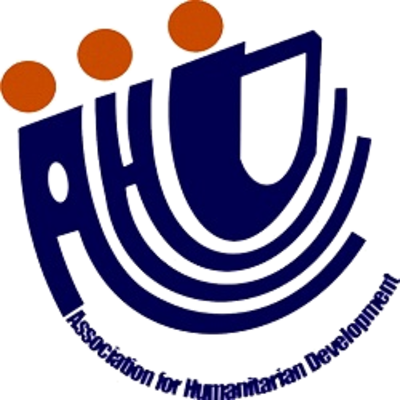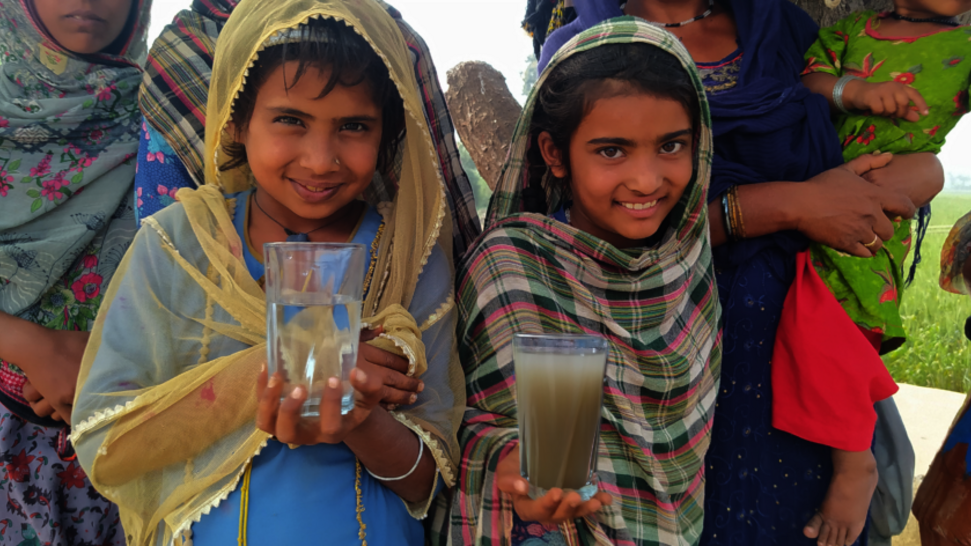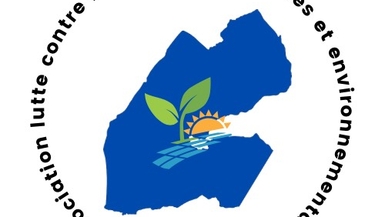Campaign Status
Campaign Completed: After the Tadamon Crowdfunding Academy, the organization has scaled up the campaign in additional follow-up campaigns and successfully raised funds via the following sources:
- GlobalGiving Platform: $138,831
- Offline donations: $55,000
Summary
The campaigns aim to implement various projects to support flood victims in Pakistan. A few examples of campaigns can be found below:
1- Safe Drinking Water for Flood Victims Pakistan
Via this campaign, $98,831 was collected via offline and online donations.
Challenge:
Floods in Pakistan in 2022 affected 33 million people's displacement, 850,000 houses were damaged and 1750 people died via this flood. Flood-affected families are facing the worst situation of disasters, in remote rural areas of Sindh Pakistan hit by heavy rain spell floods affected during July-August 2022. majority of people lost houses and crops submerged in flood water. problems persist. Sadly, water-borne diseases such as cholera, dysentery, and typhoid increased due to rain floods in 2022.
Solution:
The Association for Humanitarian Development introduced safe drinking Nadi filters in poor slum areas families and found a very good response back, AHD will help rural 6 districts of rural Sindh to install quickly 5000 Nadi filter water units for poor families with about 100,000 which will have access to safe and clean drinking water at their household level through AHD NADI FILTER. About 100,000 Floods Affected Families saved from waterborne diseases.
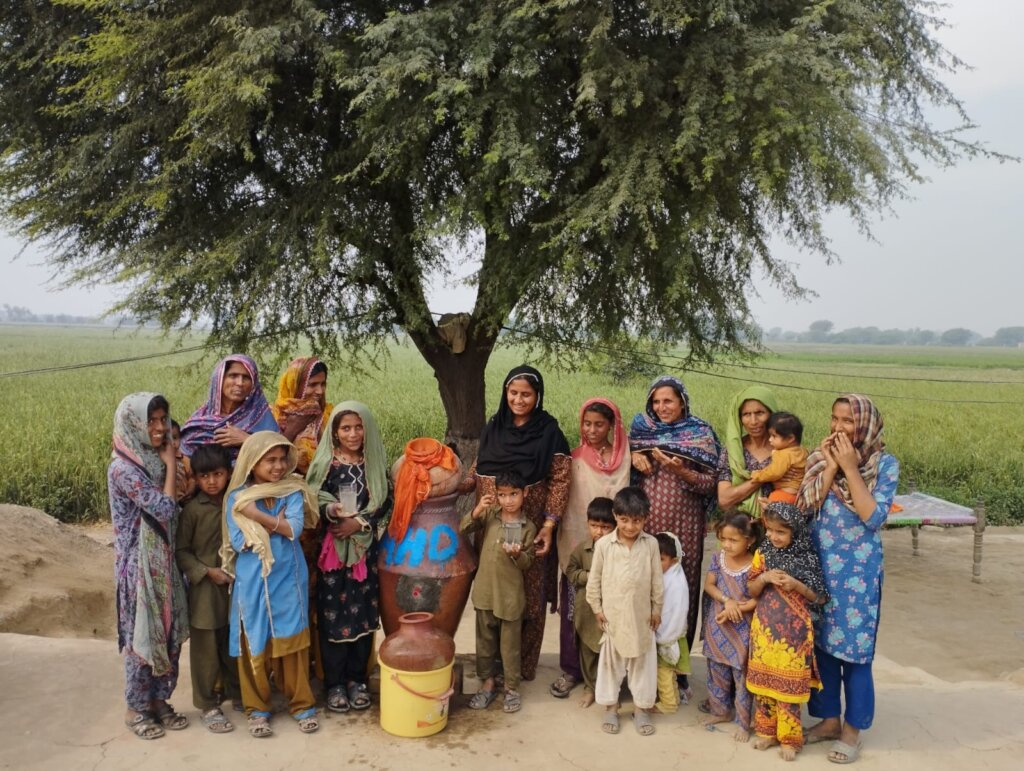
This project empowers poor communities and single mothers to gain resilience in difficult situations in life while drinking contaminated water at their household level. About 5,000 families will be skilled and trained to install and use lifetime-based technology of Nadi filter units. Through this Nadi filter no more sickness in women and children under 6 months.
2- To Eradicate Cholera from Flood Victims Pakistan
Via this campaign, $40,000 was collected via offline and online donations.
Challenge:
Pakistan Floods 2022 hit hard and some 1750 people died and some 33 million were displaced, Floods damaged their houses & livestock, and all they have submerged in flood water. Women and children are affected more and sickness and food shortages on a high scale, NGOs, INGOs, and Govt institutions provide help for emergency purposes but after IDPs return to their homes/villages and find no help, Nadi filter is the only option for them to drink long term clean water at their household level and enjoy healthy life.
Solution:
More than 33 million people are in a difficult situation due to heavy floods and need safe drinking water, AHD Pakistan will give them training and Nadi filter units to get safe and clean drinking water and save themselves and their children from the Gastero and Diherial and malaria infections, usually women and children sick due to drinking contaminated water, Nadi filters will save people from all water-borne diseases
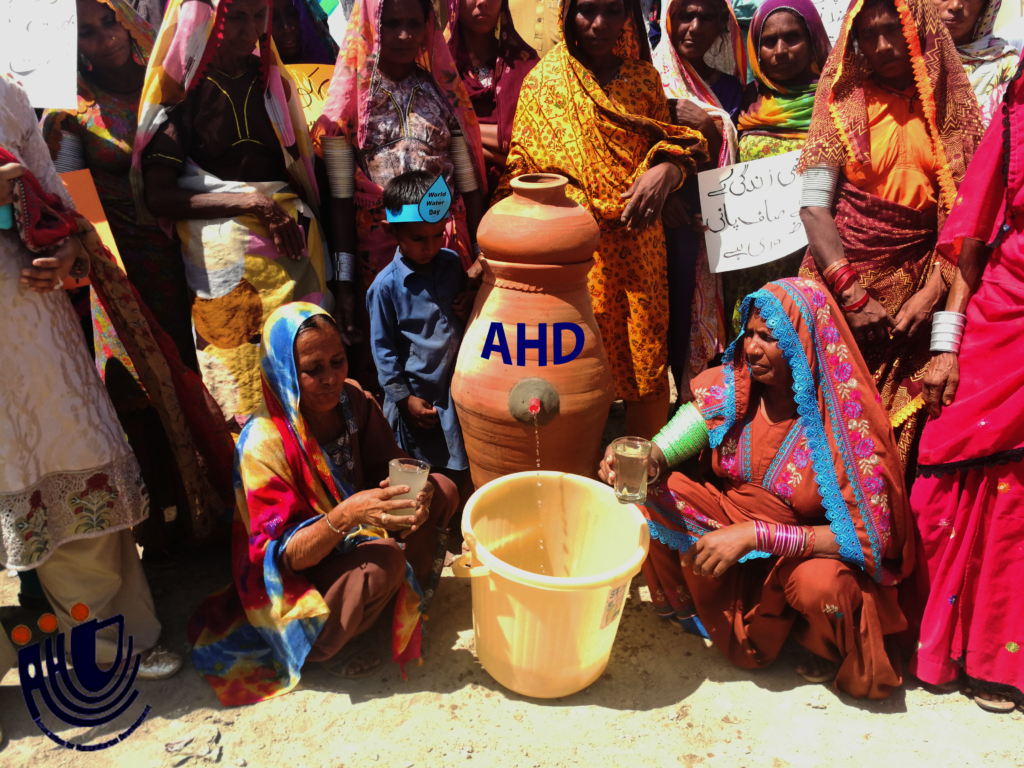
The provision of 10,000 Nadi filter water units will benefit flood-affected families & 100,000 individuals to save them from water-borne diseases and Malaria infections on a long-term basis. Once families install Nadi filter units, they will be able to be maintained & repaired on their own with full-time facilities to have safe and clean drinking water at the household level. Until today, 4,250 families received & Installed Nadi filter units through your support.
